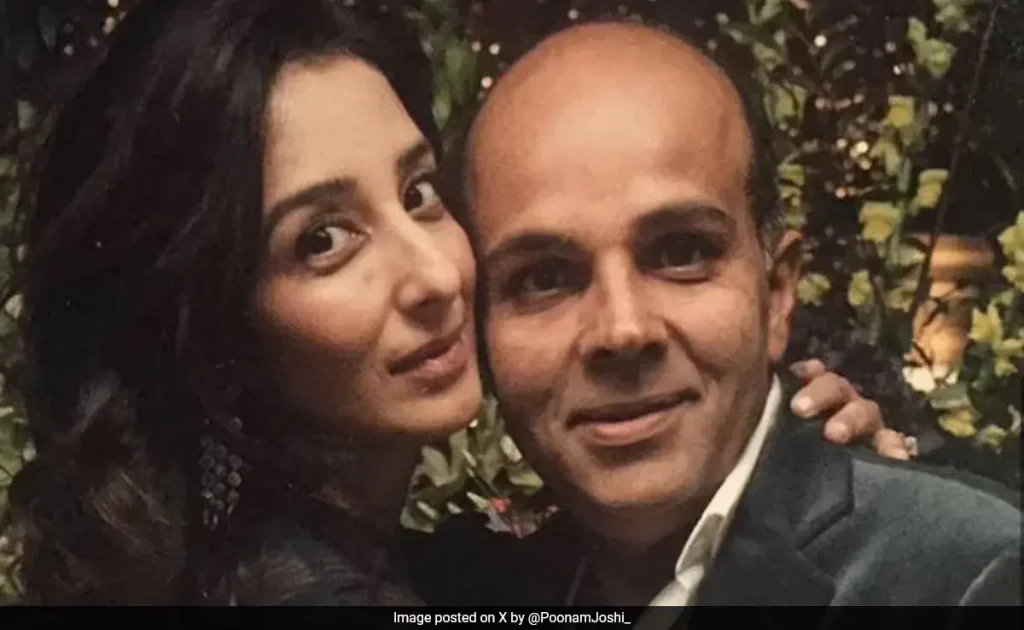A court in Switzerland has done something that would put our entire justice system to shame – it sentenced four members of the billionaire Hinduja family, the wealthiest in the UK, to upto four and a half years of imprisonment after finding them guilty of exploiting their domestic helps at their Geneva-based mansion. India-born mogul Prakash Hinduja and his wife Kamal, son Ajay and daughter-in-law Namrata were awarded the jail terms but were acquitted of human trafficking charges. Reacting to the judgement, the Hindujas said they were “appalled” by the ruling and have filed an appeal against it in a higher court.
Three Indian workers who were taken to Switzerland by the family claimed they were paid a pittance — between 200 and 400 Swiss francs per month and were made to work 18 hours a day. This is less than a tenth of the minimum wage in Geneva which is 4,426 Swiss francs. They also alleged that their passports were confiscated, and they were rarely allowed to leave the family’s residence in Geneva’s upscale Cologny neighbourhood. Shockingly, the prosecuting attorney Yves Bertossa pointed out that the family spent more on their pet dog than they did on their servants. In scathing remarks, Bertossa told the court: “They’re profiting from the misery of the world.” Despite going for an out-of-court settlement with the three workers who accused them, the Hindujas continue to face legal action due to the seriousness of the charges.
It is pertinent to note here that this is not the first time the family is in controversy. Decades ago, three Hinduja brothers — Srichand, Gopichand and Prakash — were linked to the infamous Bofors scam wherein the Swedish firm Bofors reportedly bribed Indian government officials and politicians over a defence deal. In October 2000, the CBI charged the three siblings with accepting kickbacks from Bofors to finalise a deal for acquiring howitzers for India. Nevertheless, the Delhi High Court dismissed the case in 2005 citing a lack of substantial evidence. With an estimated net worth of $20 billion, the Hinduja family owns dozens of companies in sectors as diverse as oil and gas, heavy vehicles, healthcare, banking and financial services and has a presence in 38 countries, employing about 2,00,000 people.
In the Hindujas case, the super-rich could be brought to book for their wrongdoings is unthinkable in a country like India, where the entire system is rigged in favour of the wealthy and the powerful. Had the three poor and reportedly illiterate Indians been equally exploited here they would not have got justice even in their wildest dream. This proves the existence of a flawless justice system in advanced Western democracies where even the rich and the powerful are not immune to legal action for their acts of omission and commission.
This whole episode points out another thing that Indians, whether rich or poor, have utter disregard for the law of the land. And such Indians who migrate to developed nations for greener pastures end up bringing infamy to the country because their base character remains the same. For Indians it seems to be a respectful act to carry servants along with them wherever they go. This is not limited to Hindujas or just the ordinary rich people. Even India’s diplomats do the same every time they get postings in foreign capitals. The case of Devyani Khobragade, an IFS officer, is well known. Currently, she is India’s ambassador in Phnom Penh, Cambodia but when she was in the Indian Mission at New York, her female domestic help from India lodged a complaint against her for ill-treatment and non-payment of salary. Slavery, it seems, is still safe and vibrant in India.
